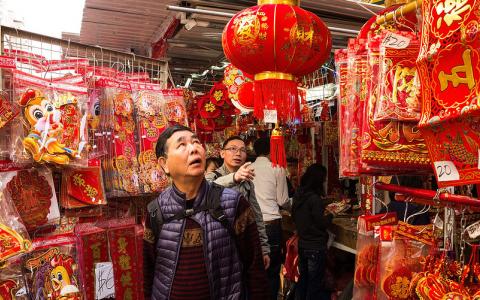
(Pulse) The global economy is heading towards inevitable recession from triple scourges – a prolonged trade war between the United States and China, geopolitical crisis stemming from Iran, or hard Brexit, Britain’s exit from the European Union, warned famed economist Nouriel Roubini.
“A global recession can be triggered by either escalation of U.S. and China trade war, or possibly hot war between U.S. and Iran that will spike oil prices, or a hard Brexit that will damage Europe and affect the rest of the world,” said the economics professor of New York University’s Stern School of Business, better known as Dr. Doom for predicting the 2008 global financial crisis in an interview with Maeil Business Newspaper on Friday.
He has come to Seoul to attend the 20th World Knowledge Forum hosted by Maekyung Media Group as a speaker of a session on Global Economy in Transition – 2020 Economic Crisis Forecast on Thursday.
“If there is another global recession, both advanced economies and emerging markets are going to be hurt,” the professor warned.
South Korea is no exception.
“Within the emerging markets, there are some that have weaker economic and financial and policy fundamentals and others stronger fundamentals,” he said, noting countries like Argentina and Venezuela with significant public debt problems as well as smaller economies like Pakistan and Lebanon.
“A country like Korea has stronger fundamentals [such as low levels of public debt],” Roubini said. “But of course, if the recession was to be triggered, say, by escalation of the trade currency [and] technology and cold war between the U.S. and China, a country like Korea will be a victim.”
Roubini noted that some emerging markets are going to be in more shock than others depending on the source of the shocks.
Roubini also warned that leverage loans, collateralized loan obligations, and high-yield bonds could also trigger global financial crisis. He said fiscal policy 10 years ago was considered effective, but policy pools are now limited, noting how Europe and Japan already have negative rates.
Roubini echoed the view that was raised by chief economists attending the 20th World Knowledge Forum that some countries or companies could face default.
The professor noted that there could actually be default in corporate and government sectors and emerging countries like Argentina could be faced with insolvency risk. .
He predicted widening and protraction in the ongoing trade conflict between the U.S. and China.
At the worst case, the U.S. could impose 20 percent tariff on Chinese goods worth $500 billion and push the tariff ceiling to 25 to 30 percent, Roubini said.
“Even if we reach a mini deal, I feel that tariff are going to go up slightly higher,” he said, “… and even slightly more tariffs is bad for global growth” that would bring negative supply shock and raise inflation.
The contest will likely go beyond the U.S. presidential election in November next year.
Even if the Democrats win the elections, for example, the trade and technology war between the U.S. and China will continue, although a new deal could be reached if China buys more U.S. goods, he said.
“Geopolitical rivalry between the U.S. and China will stay with us for a long period of time,” the professor said.
Roubini, meanwhile, has warned since last year that the global economic would fall into recession next year due to U.S.-China trade conflict, uncertainty in financial markets, and growing debt in emerging countries like China. He became famous for predicting the 2008 global financial crisis in 2006 in a lecture to economists at the International Monetary Fund where he said global recession was nearing as a result of housing bust and credit crunch.



